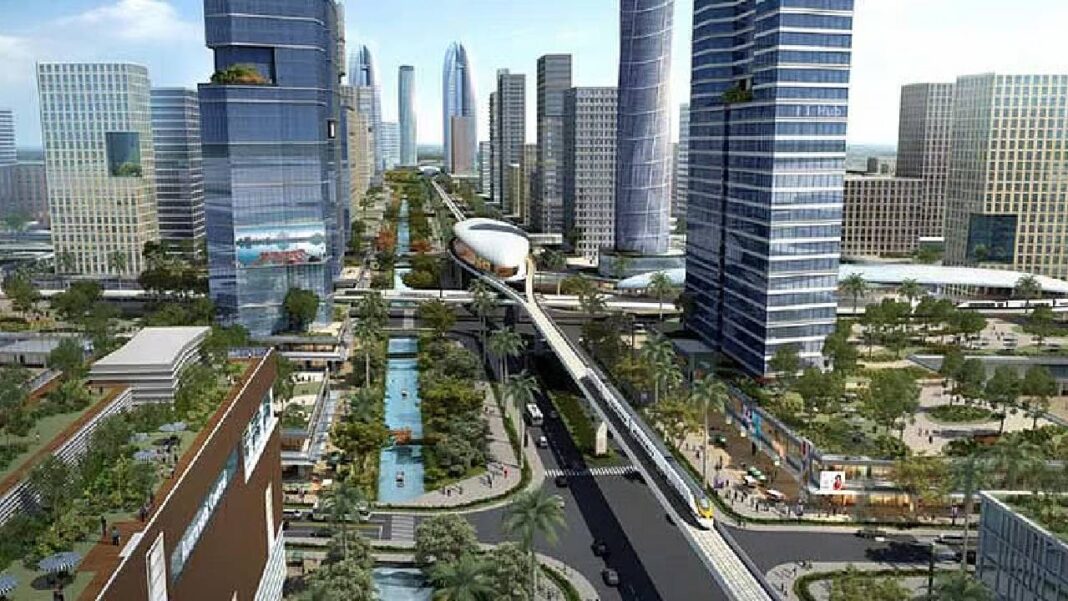C Pradeep Kumar
cpk007@gmail.com
Vijayawada
In a landmark decision that signals a new chapter for Andhra Pradesh, the NDA government has breathed life back into the development of Amaravati, the State’s planned Capital. This move offers a glimmer of hope to over 30,000 farmers who, in a historic gesture of commitment, gave up their land for the ambitious project. With this revival, the Centre has reaffirmed its dedication to cooperative federalism and inclusive growth, shifting the trajectory of the State’s future.
Amaravati, conceived after the bifurcation of Andhra Pradesh in 2014, was envisioned as a state-of-the-art Greenfield city — a model of urban planning that could compete globally. Built on an innovative land pooling scheme, the city gathered 33,000 acres from 29,881 farmers, who were promised annuities, developed plots, and social benefits in return. The project was initially hailed as one of India’s largest people-driven urban developments.
The vision for Amaravati was grand. Internationally renowned firms like Foster + Partners and Surbana Jurong crafted a blueprint featuring expansive roads, underground utilities, and cutting-edge infrastructure designed to be environmentally sustainable. In a powerful symbol of unity, Prime Minister Narendra Modi laid the foundation stone for the city on October 22, 2015, with overwhelming support from farmers of diverse backgrounds. This underscored the inclusive nature of the project.
However, after the 2019 elections, the newly elected YSRCP government abruptly halted the project, citing concerns over its feasibility. The government suspended key infrastructure works, withheld payments to contractors, and introduced a controversial proposal to divide administrative functions across three cities — Amaravati, Visakhapatnam, and Kurnool. This led to intense political and legal turmoil, with Amaravati’s future hanging in the balance. Despite a 2022 ruling from the Andhra Pradesh High Court reaffirming Amaravati as the state capital, the government’s resistance continued, culminating in a 1,631-day protest by aggrieved farmers.
Now, with the return of the TDP-JSP-BJP alliance and a “double engine” government, Amaravati’s revival is underway. Prime Minister Modi is set to relaunch the project on May 2, in a high-profile ceremony, with the Centre reaffirming its Rs 2,500 crore commitment. Of this, Rs 1,500 crore will go towards public infrastructure in Amaravati, while Rs 1,000 crore will be allocated to develop the State’s backward regions.
This revival is more than just about physical infrastructure — it represents the restoration of faith and justice for the farmers who put their trust in the capital’s vision. With renewed political will, global-standard planning, and grassroots support, Amaravati is once again on track to become a beacon of modern governance and economic revival for Andhra Pradesh.




